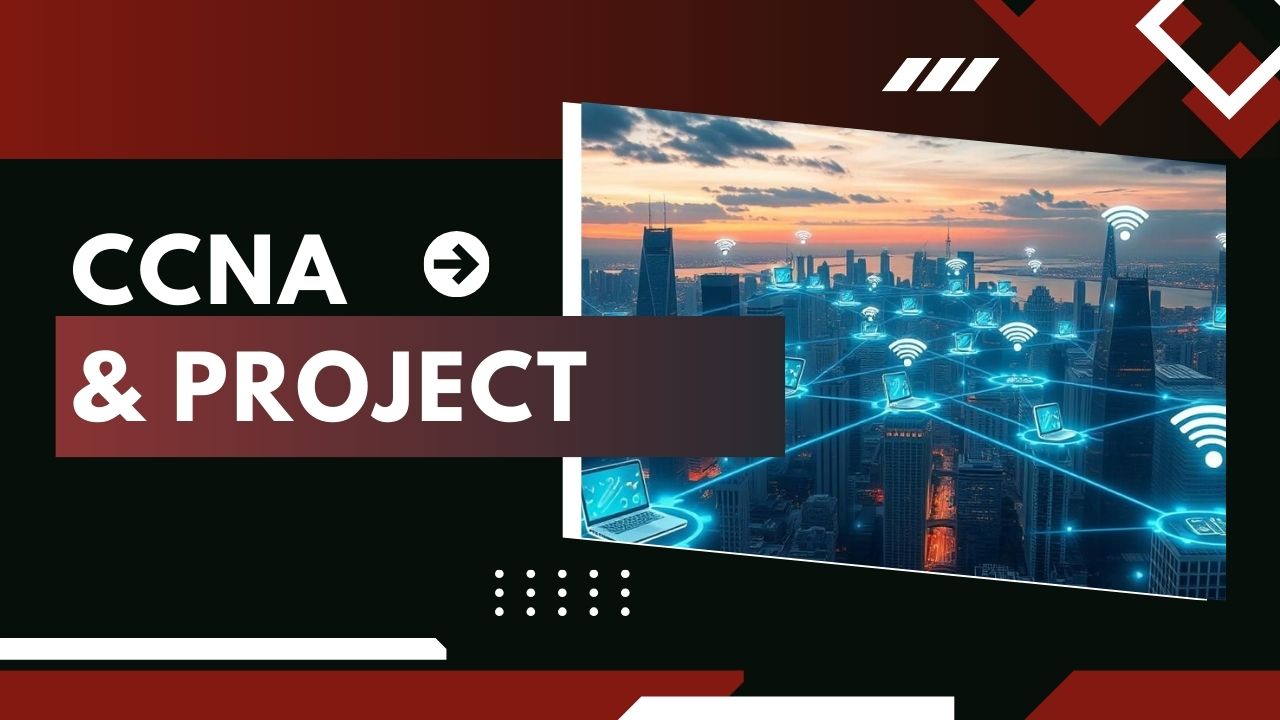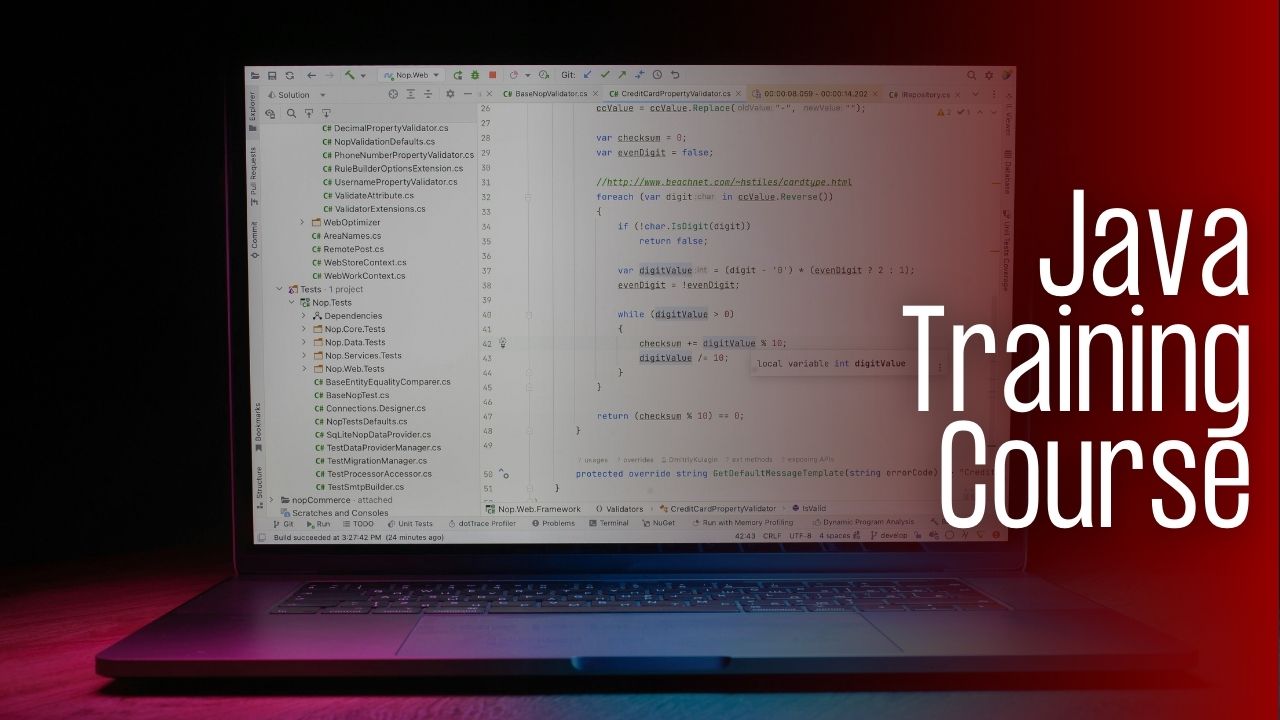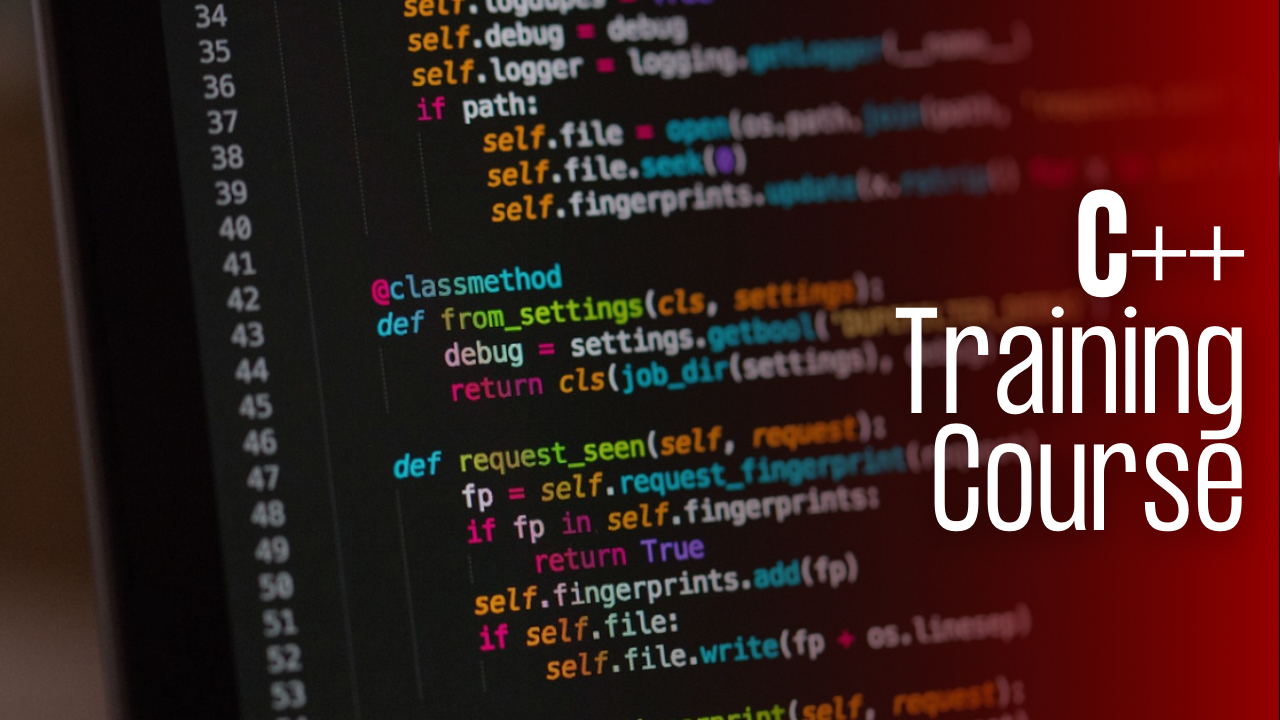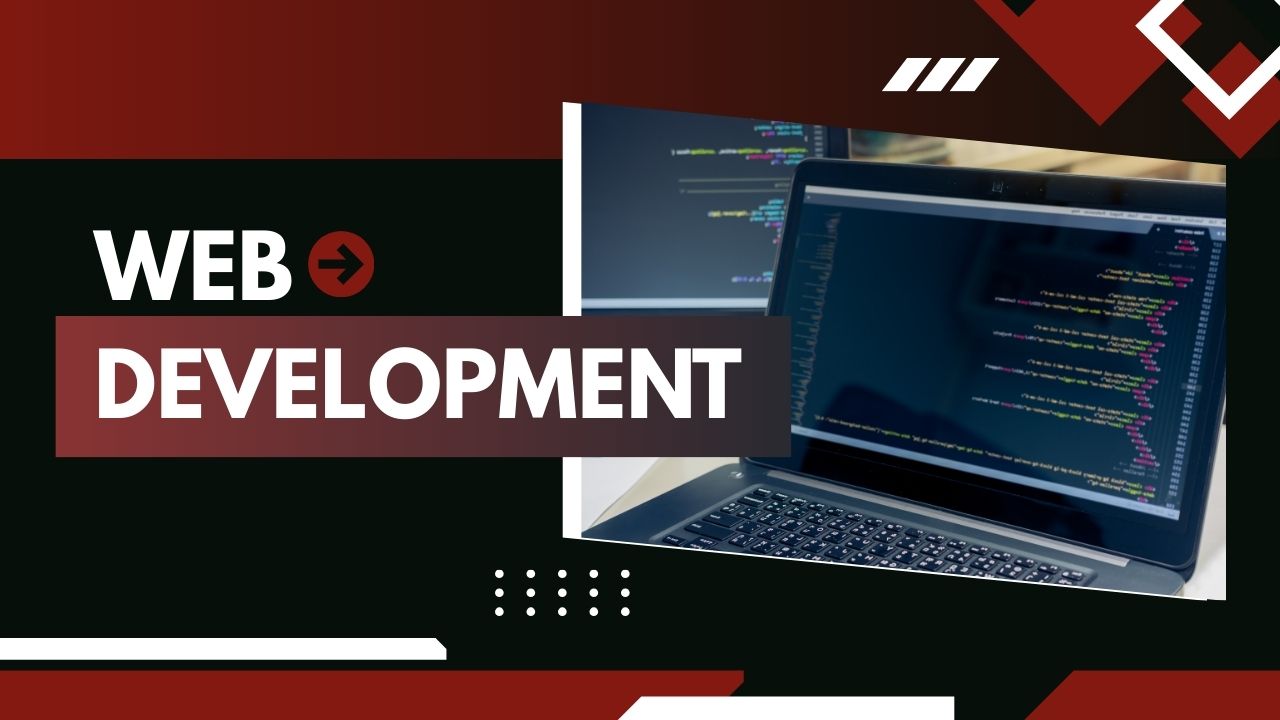Learn Networking the Right Way: CCNA with Real Project
Networking is the invisible technology in today’s fast-moving digital world that connects everything. A network is silently working behind every work you do. Be it sending an email, streaming a video, or opening a cloud app. Networks are everywhere, and they form the backbone for modern communication. If you are thinking of making a career in IT or networking, one of the best steps is to get certified with CCNA – the Cisco Certified Network Associate certification.
Is CCNA still worthy?
CCNA is not just about passing an examination but also about understanding how real-world networks function. CCNA validates that you can understand and apply IP addresses and subnetting. It makes you secure the networks and implement the basic firewalls. It conducts setting up VLANs, trunking, and inter-VLAN routing. CCNA configure WANs and understand protocols like PPP, Frame Relay, OSPF, and EIGRP. If you get certified with CCNA, then you can be chosen for the following roles:
- IT Infrastructure Specialist
- Network Support Engineer
- Network Administrator
- Systems Engineer
But before going into these roles, even if you are certified. It is very crucial to have experience, i.e., working on real-life projects.
Real Power of a CCNA Certification
In the world of networking, CCNA certification is one of the most trusted yet respected posts. CCNA certification makes you understand the basics of how the network works. It allows you to know about the configured routers, switches, and even devices. With this certification, you can troubleshoot and fix network problems. In short, CCNA proves that you are properly ready to work in the real world of networking.
But there’s a harsh truth that only knowing the theory is insufficient. To know what networking is, one should:
- Build a network from a starting point
- Breaking things and knowing what happens after that
- Fixing the problem by yourself and gaining knowledge
A question might arise in your inner self. That why? Because real-world experience teaches you what a book or theories cannot. When you have to face a misconfigured router, an IP address with no reach, or a broken connection. Then, you will learn like a true network engineer. This hands-on experience will stick with you throughout your life, and that’s what companies look for.
Learn by Doing
Try to spend as much time as possible in labs if you're preparing for CCNA. Go get hands-on experience; you should use Cisco Packet Tracer. It is a free tool that is made for building virtual networks. For more stimulation, try GNS3. In labs, you can easily get access to real routers and switches. If you understood how a lab runs, then later you can set up a home lab too for your practice. Remember, the more you practice, the more confidence you will have in your work. This practice will even help you with the CCNA exam and jobs.
Anatomy of a Great CCNA Project
Creating a great CCNA project does not just involve connecting a few devices. It should teach you how networks work in real life.
Covering Multiple Topics
It is very crucial to cover all sorts of topics. The more areas you touch, the more skills you will develop. Try to cover Routing, Switching, VLANs, NAT, DNS, ACLs, and more! This will let you know about all the parts of networking.
Real-World Architecture
Ensure your project is based on something real, not on just random connections. Like the Office network, ISP, branch, and headquarters. This is important because big companies need people to deal with this too. It will make your project more practical and more impressive.
Includes Troubleshooting
As mentioned, try to break things and fix them again. For example, changing the IP addresses or disconnecting a cable. And misconfigure the router. This will boost your problem-solving skills, which are very crucial in an IT career.
Has Documentation & can be shared
Document your work like real network engineers. In your documents, try adding network diagrams, lists of IP addresses, subnets, VLANs used, configuration commands, and the goal of your project. This is very useful as you can even share the project in interviews or online portfolios.
Conclusion
Everything is connected with networking, and networking is a great skill. But to be a certified CCNA, you don’t just learn theories; you should do more practical work. Build your career in CCNA with Cloudking Technical by choosing their CCNA & Project course.













